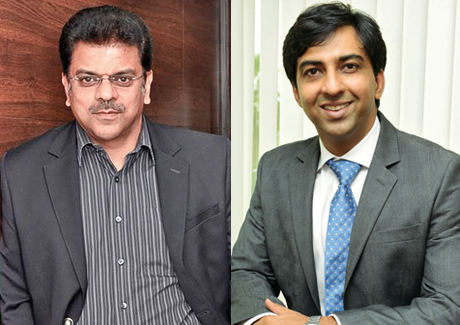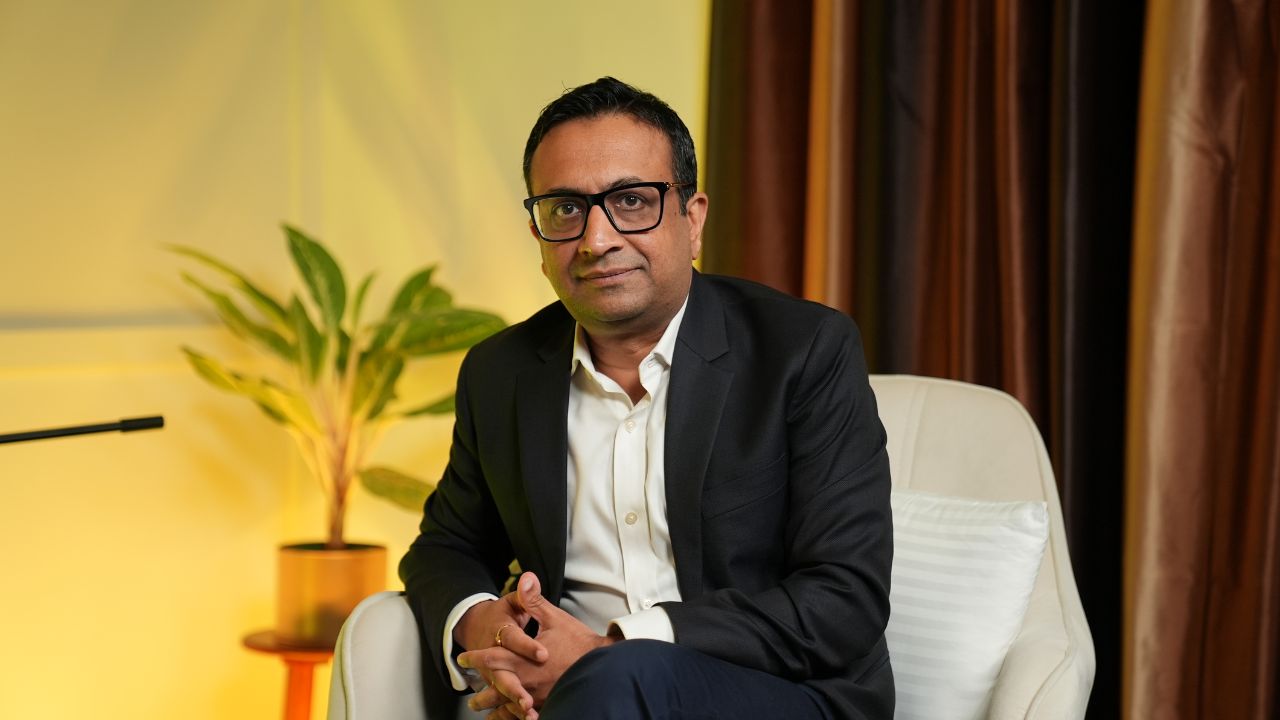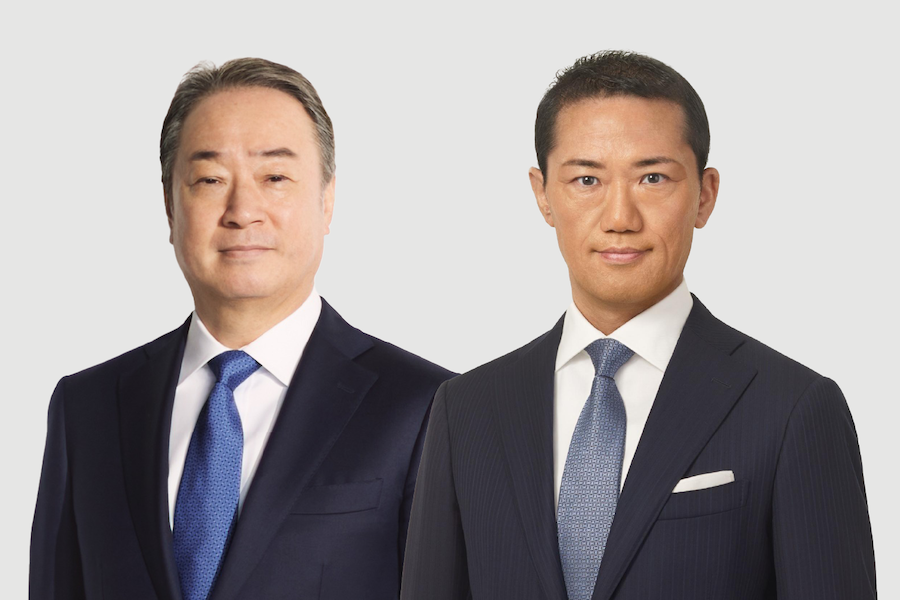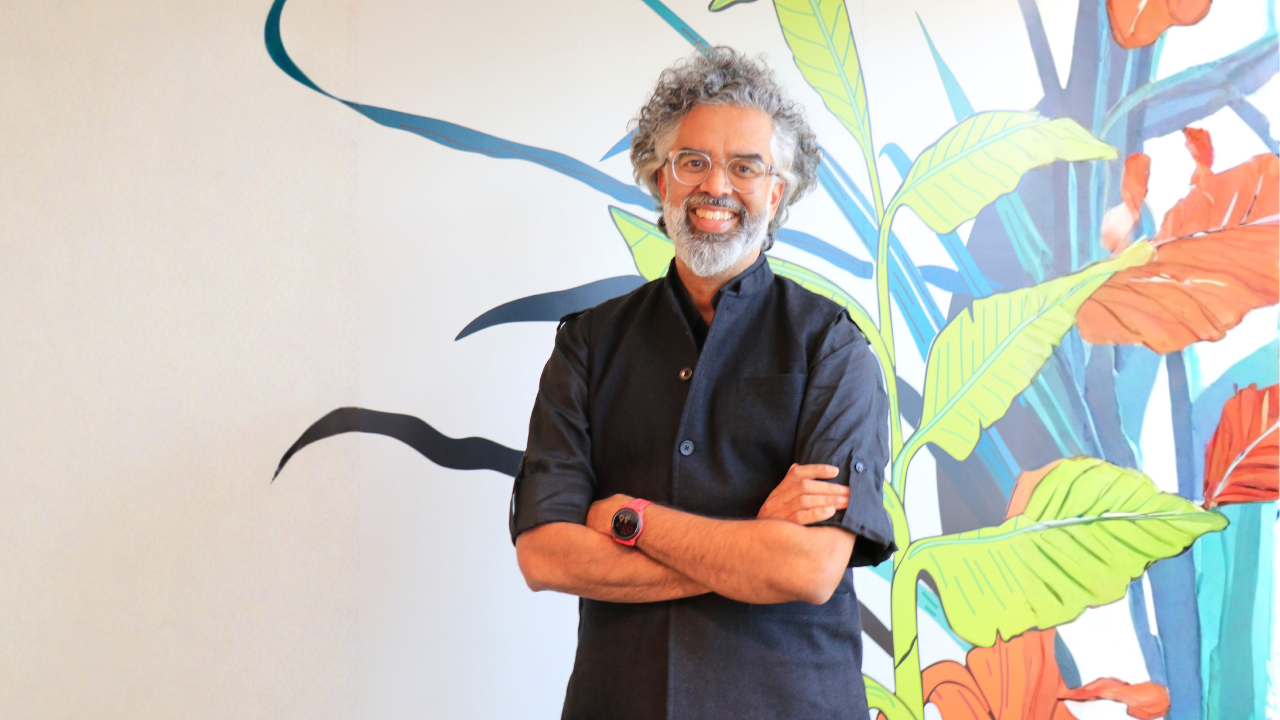David Jones, the ex-chief executive of Havas and Havas Worldwide, recently said that the ad industry is ‘facing its Kodak moment’. Do you agree? Why?
Rohit Ohri (RO): The advertising industry is most certainly facing its ‘Kodak moment’. The environment, the consumer and the expectations of the clients have completely changed. Unfortunately, the advertising industry has not been able to break out of the shackles of its legacy and reinvent itself.
Nikhil Sharma (NS): Not now. But pace of change has to be far better if that moment is to be averted.
Have ad agencies moved in tandem with technological changes? Are there other entities that have moved ahead of ad agencies in terms of addressing marketing needs using technology?
RO: The advertising industry has not kept pace with technological changes. Digital agencies are reinventing themselves to become full-service communication solution providers.
NS: More relevant question is whether they have moved in tandem with the way consumers are changing. Technology is a sub-set of it. The answer to both these questions is ‘No’. Boutique digital agencies, activation agencies have moved ahead of them. Even media agencies are making headway into what one would call the heartland of an ad agency.
Are ad agencies (including digital agencies and arms) capable of more than digital ad solutions? Are they equipped to, for instance, play the data analytics game?
RO: Dentsu has seamlessly combined creativity and technology. Recently, at Adfest 2015, Dentsu was named Advertising Agency of the Year as well as Interactive Agency of the Year. This is true testimony to Dentsu’s reinvention of the traditional advertising agency model. Last year’s most awarded campaign was ‘The sound of Honda’. The campaign created a compelling story out of seemingly useless historical data.
NS: Data analytics arms of media agencies clearly are better placed on the analytics game. I would not say we see something that is leading to insights or clear action even from specialist data agencies, but this is the development phase and ad agencies can do better work here.
Have media agencies developed a model for integrating data analytics into the planning process? Could they make this data more useful in more ways for marketers, beyond media planning?
RO: There needs to be an integrated approach to data analytics. The creative agency, digital agency and the media agency need to integrate data analytics into the planning process. After all, for a particular campaign, all three are talking to the same target audience.
NS: Yes. There are efforts and we see some headway. For example, we are seeing some progress on aspects like how we can have a common denominator for TV and digital medium deliveries, or an overlap between digital and TV viewing. It goes beyond media planning. The lens used focuses on how the consumer spends her time as compared to tracking what programmes she watched on TV.
Part of the customer acquisition/retention / sales promotion budget has moved from marketing to IT or other teams. Are ad agencies relevant beyond the marketing function? Can they be? Do they need to be?
RO: Advertising agencies need to reinvent their relevance to the client’s marketing function. There is no need to look beyond that right now.
NS: Coming from the FMCG lens, I do not see huge shift of budgets to IT.
Even in terms of the existing offering, is the ad agency future-proof in an age of crowdsourcing ideas?
RO: The future for creative agencies is open source creativity. Creative collaboration is the key. Agencies need to embrace all forms of open sourcing, including crowdsourcing of ideas, to make themselves future-proof.
NS: I see few examples, which are encouraging (where digital is used smartly), and hope to see more in future.
How in your view can the ad industry reinvent and future-proof itself?
RO: Advertising agencies need to create borderless brand-consumer engagement in today’s borderless world. The traditional advertising model needs to be re-imagined to be able to deliver this.
NS: Don’t start the creative thought with TV on your mind. Share-ability is now a big criterion to evaluate work.
Keeping digital as another arm won’t work in future. I would love to see a team of creatives presenting the core idea and in the same breath its manifestation across relevant mediums. Days of starting and ending the creative discussion with a TV script are passé.
(This article was published in the 3 April issue of Campaign India)




